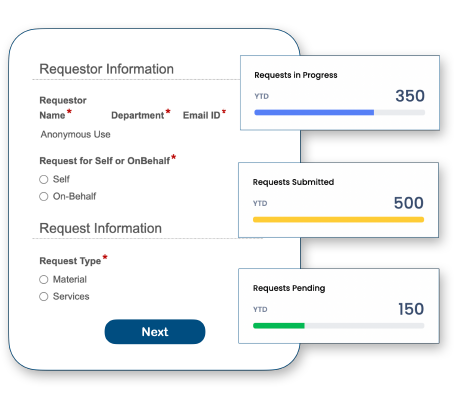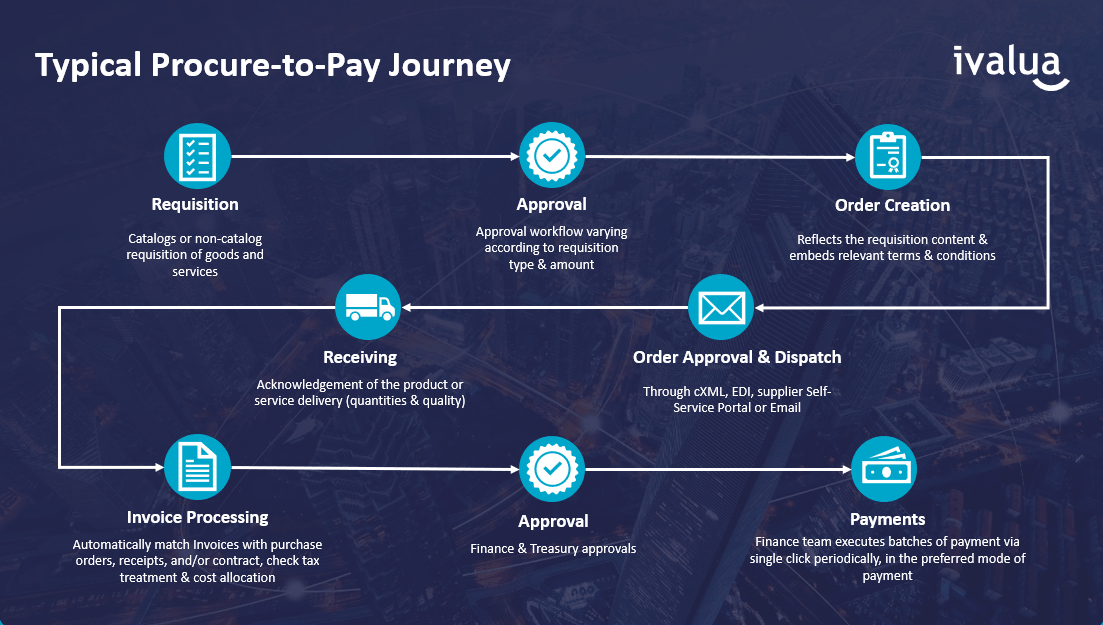It is impossible to overestimate the significance of building confidence through thorough verifications in the quickly changing corporate environment. Businesses depend more and more on a network of vendors to fulfill orders, provide services, and maintain efficient operations. However, there are serious risks connected to insufficient vendor control, from monetary losses to harm to one's reputation. Businesses need to implement strong vendor compliance and verification procedures to reduce these risks.
Understanding Vendor Compliance: A Strategic Approach to Risk Management
Vendor compliance is a critical component of risk management that involves ensuring supplier management process adhere to both legal requirements and internal standards set by the hiring company. This encompasses a wide range of areas, such as safety standards, ethical guidelines, and environmental regulations. Effective compliance helps prevent legal liabilities and ensures operational continuity. To achieve this, companies must implement comprehensive policies that clearly define expectations and establish mechanisms for monitoring vendor practices.
The Role of Technology in Enhancing Compliance Procedures
Thanks to technology improvements, businesses can now access solutions that can streamline and expedite the process of ensuring vendor compliance. Automated solutions have the ability to securely store paperwork online, issue warnings for renewals or breaches, and track compliance status in real-time. This lessens the administrative load while also increasing accuracy and response time, allowing businesses to respond quickly to possible compliance problems.
Navigating the Challenges of Vendor Verification
Establishing a safe and trustworthy vendor base requires thorough vendor verification. Prior to signing contracts, it entails confirming the qualifications, sound financial standing, and ethical business practices of possible suppliers. This phase is essential for stopping fraud and guaranteeing that suppliers are competent and capable of fulfilling the needs of the business. Strong verification procedures shield businesses from dangers and financial loss, resulting in a more stable and reliable supply chain.
Best Practices for Effective Vendor Verification and Compliance Management
The efficacy of vendor verification and compliance management procedures can be markedly improved by using best practices. To guarantee ongoing adherence to compliance standards, businesses should perform both scheduled and ad hoc audits on a regular basis. Employee education initiatives should be put in place to help staff members comprehend the value of compliance and learn efficient vendor management techniques. Making smarter selections is also made possible by utilizing data analytics, which can offer insights into vendor performance and risk areas.
Conclusion
In conclusion, any company hoping to protect its operations and reputation must maintain a compliant and safe vendor network. Achieving these goals requires the strategic implementation of vendor compliance and verification procedures. Examining comprehensive solutions such as those provided by nimbles2p.com may help organizations improve their vendor management strategies by giving them the tools and information they need to guarantee a strong and dependable supply chain. Recall that creating a secure supply chain involves more than simply risk management; it also entails laying the groundwork for long-term, steady company expansion.


.jpeg)




.jpeg)
.jpeg)
.jpeg)
Write a comment ...